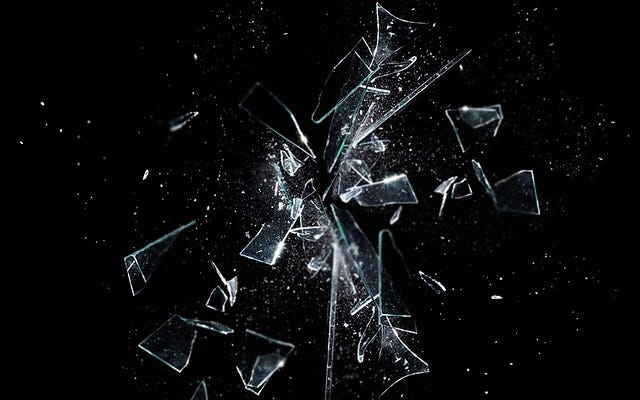It would seem as though the holiday season is not only a time for Santa Claus and Krampus but also for Charlie Brooker to release a new installment of Black Mirror. This year Netflix and Charlie Brooker dropped an interactive movie titled Black Mirror: Bandersnatch.
In a nutshell, an interactive movie (or TV show) allows you to navigate, with the aid of your remote control, where the story goes. While an interesting idea, it’s worth noting Black Mirror: Bandersnatch isn’t the first interactive show (and probably not the last). Earlier this year HBO released Steven Soderbergh’s Mosaic.
Mosaic’s interactivity was limited to the internet. A medium that’s conducive to interactive storytelling. When HBO aired Mosaic, it was presented as a straightforward drama.
Charlie Brooker and his team would have done well to do the same with Black Mirror: Bandersnatch.
Look, you have to give Brooker his due. Even in this era of peak television, Black Mirror injected much needed narrative adrenaline into television. While not all episodes of the show are on the mark, there are more hits than misses and even the ones that miss are still better than most scripted fare. Black Mirror also helped pave the way for Americans to become better acquainted with the anthology television series.
While Black Mirror: Bandersnatch fits within the Black Mirror motif, it’s a rare miss and disappointment for Brooker and company. Here are a few of my issues with it:
It is too meta. A movie about a guy, in 1984, developing a software game where the player chooses their path? Painfully obvious.
The self-referential nod to Netflix? Ugh.
Early on, the principal character goes back in time to re-do something but it’s not explained how he did it until much later (and then only tangentially).
While movies are often an immersive experience, television reminds us of the fourth wall and keeps the distance between viewer and story. The interactivity of Black Mirror: Bandersnatch exacerbates that chasm to the point of aggravation.
It toys with the idea of psychedelics but then gives in to the societal biases against them. In particular, the myth that LSD has been used nefariously by the government (while true, LSD was originally used for medicinal purposes) or that LSD can lead you to jump off a building. It’s a feckless presentation of psychedelics.
Whatever path you select, the narrative can best be described as muddy.
To be fair, a bad episode of Black Mirror is still infinitely better than most of the scripted dreck on television and Black Mirror: Bandersnatch is no different. There are good things about the movie, the acting, the directing, the music, etc; all the ingredients are there . . . it’s the interactivity that makes it miss the mark.
The listed length of Black Mirror: Bandersnatch is 90 minutes, but I must’ve been stuck in some kind of “Bandersnatch” vortex and spent more than that and maybe that was one of the ideas . . . it turns out it was. Nonetheless, I just got further annoyed so I just turned it off.
Whatever the sentence may be, prisoner’s often say that you only do two days in prison: the day you go in and the day you get out. Something similar can be said of Black Mirror: Bandersnatch: there may be a bunch of endings to the movie (+/- 15 by some count) but there is only the moment you begin to watch it and the moment you turn it off.
My take on Black Mirror: Bandersnatch? Balderdash.




